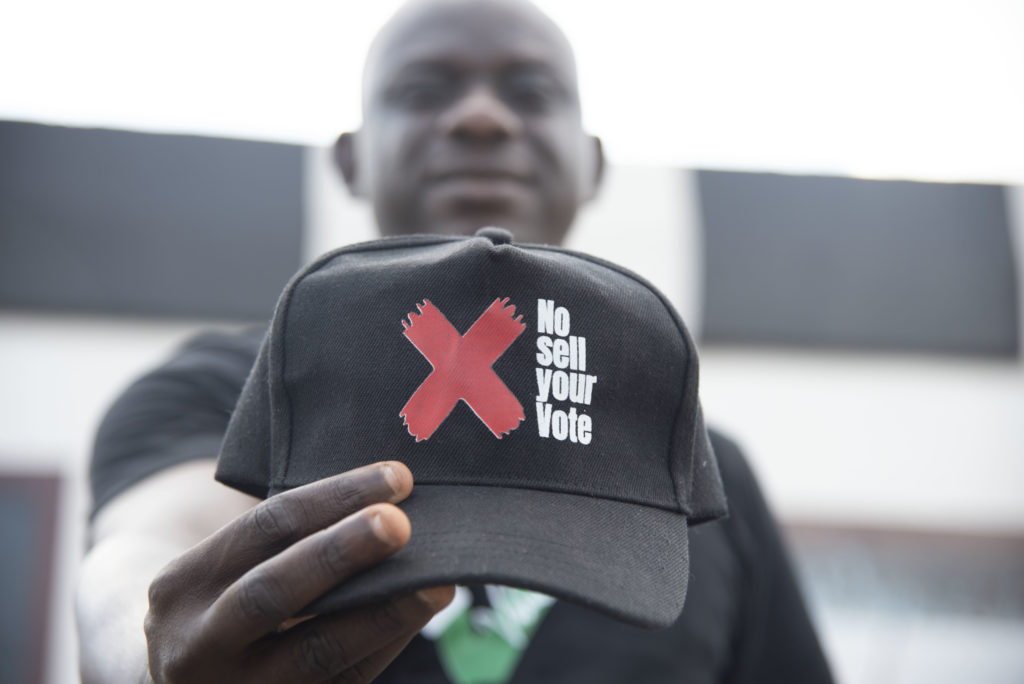As the people of Nigeria prepare for the 2023 general elections, residents of Osun State get the opportunity to do the same on July 16, 2022, for the Osun State gubernatorial elections, where they can affect change by going to polling stations and casting their vote for the candidate of their choice.
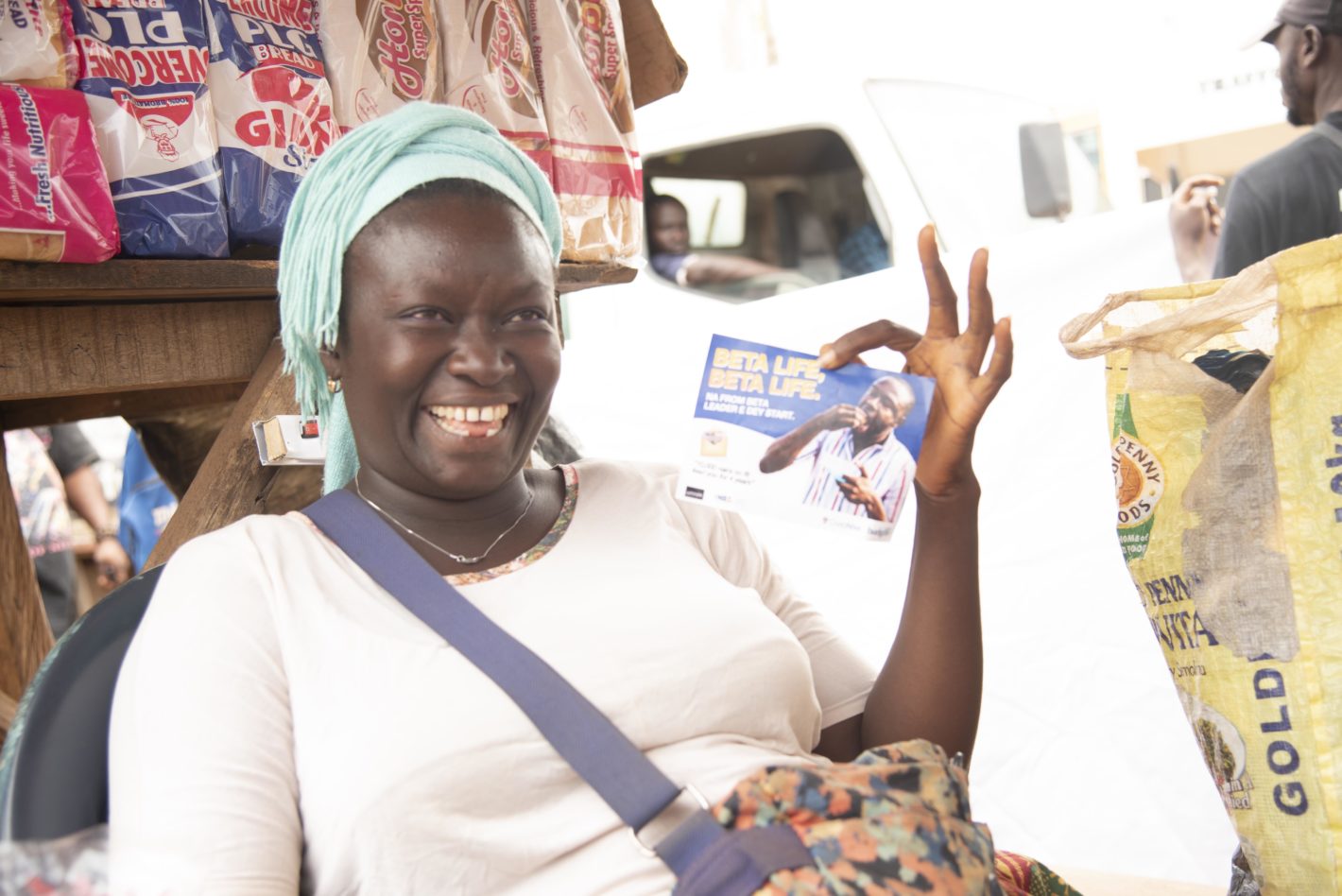
As you might have known, Nigeria’s elections in recent times have been characterized by vote-buying which was evident in the recent Ekiti State elections. Despite warnings from the Independent National Electoral Commission to political parties on the issue of vote-buying, politicians have devised numerous means by which they offer bribes to voters.
The Dangers of Vote-Buying
One of the backlashes of vote buying is the gradual erosion of citizens’ faith in our nascent democracy. This further reduces the value of voters to people who can always be swayed with cash and other incentives by politicians, thereby undermining the sustainability of free, fair, and credible electoral outcomes.
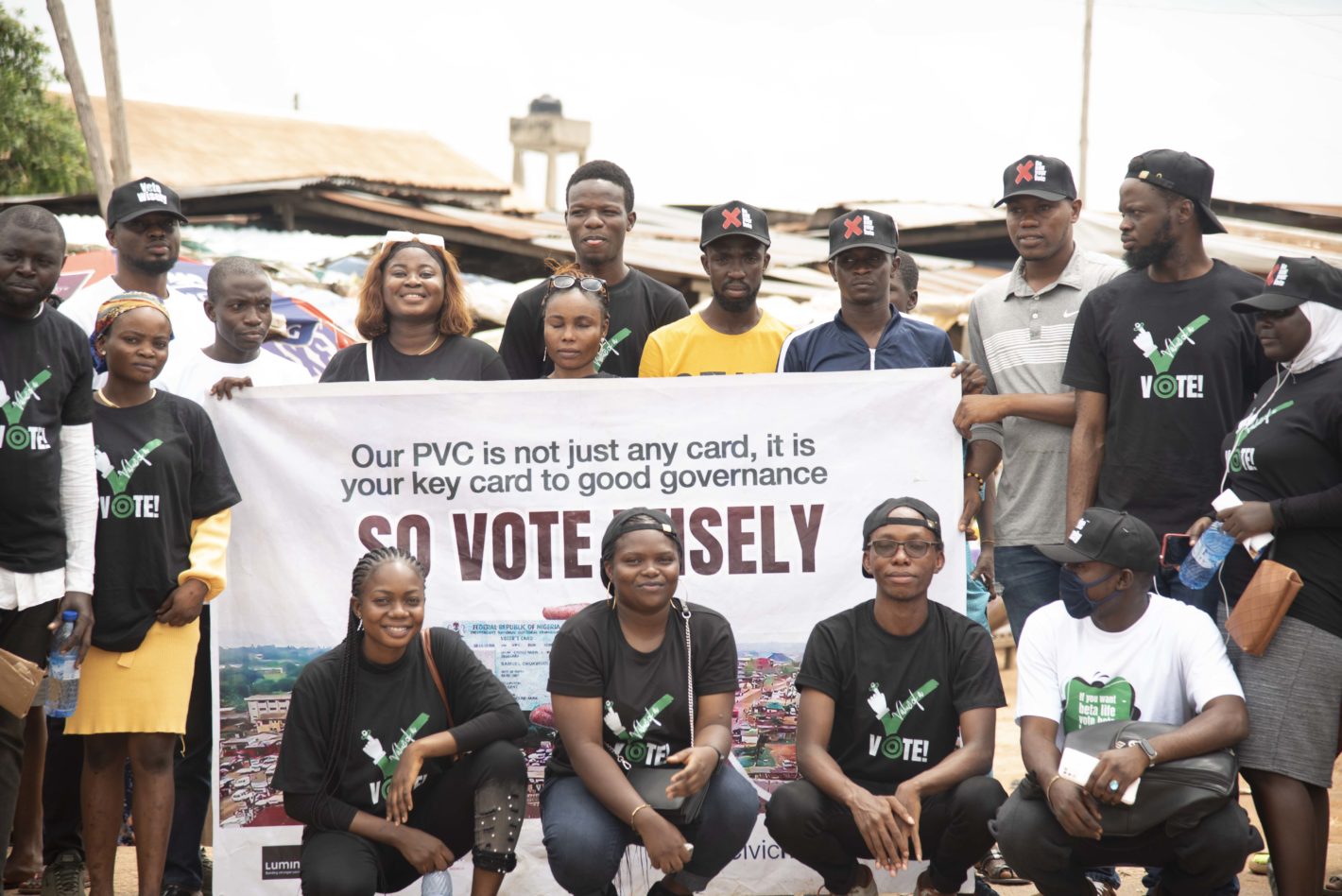
From intra-party elections to general elections, the ubiquitous vote buying has made the electoral process very expensive and also created a culture whereby prospective candidates who are interested in elective positions think about how much it will take to sway voters their way. This creates an unhealthy cash race among political parties/candidates to outspend one another. When this happens, parties/candidates who do not have money to spend on the electorate are sometimes discouraged from participating in the electoral process.
The end goal of this is that it makes our elective public offices available only to the highest spenders.
Civic Hive works through the value of a vote.
At Civic Hive, we are committed to supporting organizations to push for solutions that connect citizens to the government, foster institutional efficiency, and raise citizens’ awareness of social issues around them.
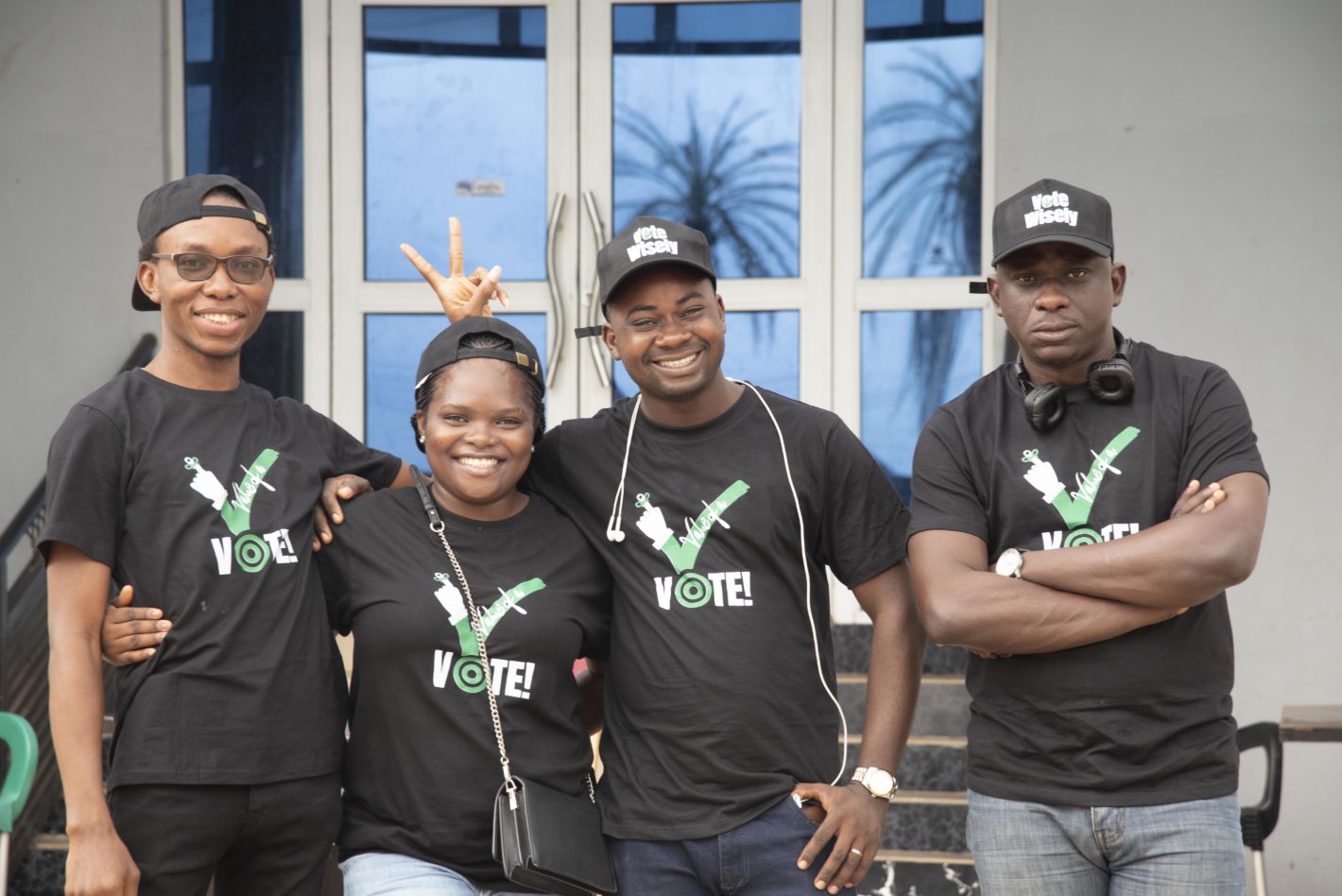
We do this by stimulating citizens’ interests around public data and triggering discussions towards better governance. We are committed to the principles of open data and governance, citizen participation, and data transparency.
The Value of a Vote Campaign
As Osun State prepares for the gubernatorial election, our team took the Value of a Vote Campaign to major cities, towns, and settlements in the state. The campaign was aimed at encouraging citizens’ participation in voting and also
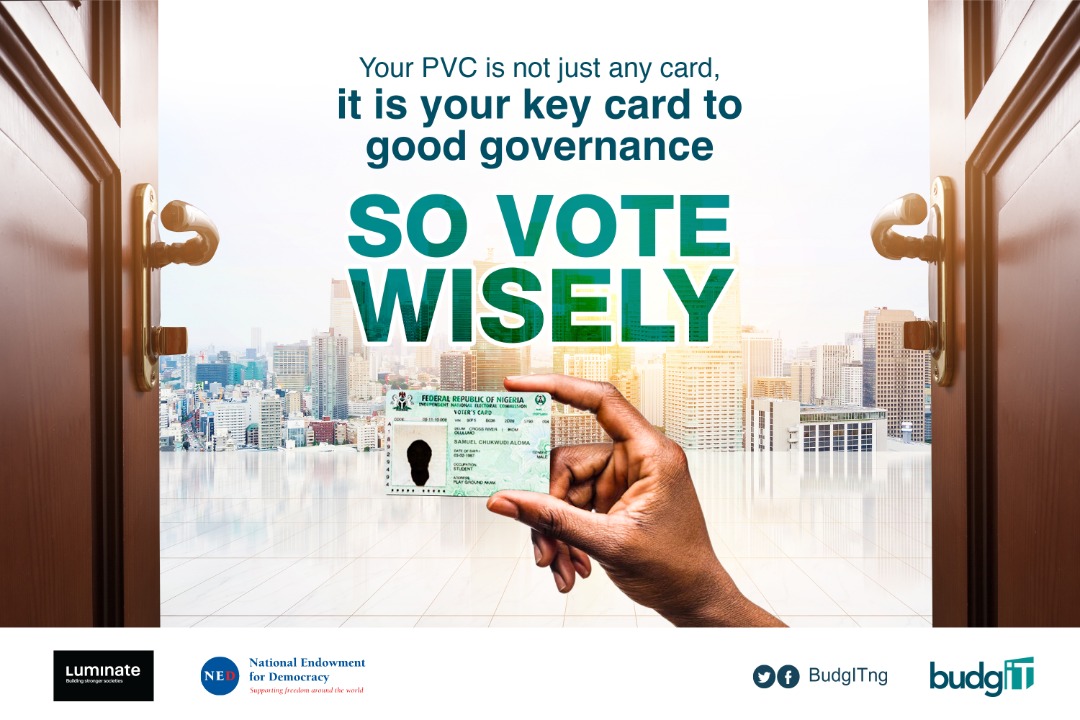
promoting the choice of credible candidates at the polls, which is neither influenced by cash nor other incentives. From Iwo, Ife, and Modakeke, to the state capital in Osogbo, our team staged a road show to sensitize people at the grassroots on the values of their votes and values they should consider before casting their ballot.
Lessons and Reactions
“Does the vote really matter?” said a local trader, who shows total disbelief in the electoral system. According to her, she believes that with or without her vote, the electoral process is rigged to only produce selfish politicians who do the biddings of their political godfathers.
“We have sold our vote.” What is left is to collect the money. “In one of the locations we visited, we met a number of people who said they do not care about not selling their votes.
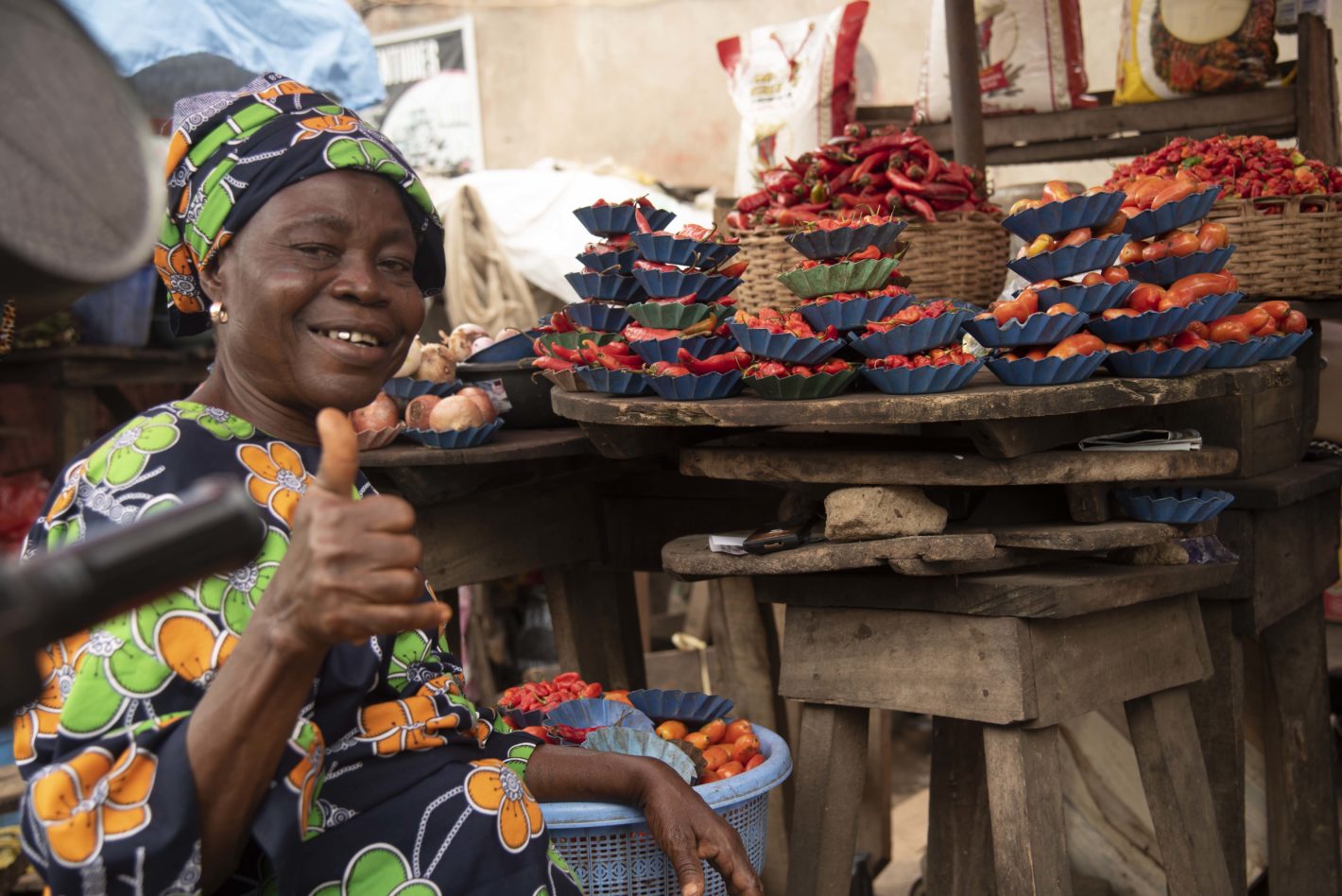
“Ma di’bo se’be” (don’t sell your vote for a pot of soup)
Low income amidst inflation and the rising cost of food creates economic pressure to accept money. A handful of people we met are of the opinion that campaigns like this need to happen every day up until election day. Their reaction is that politicians take advantage of the poor economic conditions and high cost of food in the country to entice voters from low-income communities to sell their votes.
They also call for stronger fines and prosecution of not only people caught in the act of vote buying but also parties who are promoting and enabling such practices.
Recommendations
- Increase in prosecution and criminalization of all forms of vote buying: As was evident during the Ekiti 2022 elections, where some voters were arrested for participating in vote buying, there is a need to increase the prosecution and arrest to include those that paid them and those that sponsored them.
- Increase civic education on the negative effects of vote buying: There is a need for a concerted effort of both government and civil societies to increase the dissemination of the ills of vote buying at the grassroots levels, especially how it raises the costs of elections, promotes an unhealthy political culture, and undermines good governance and democracy.
- Institutional strengthening : There is a need for a joint strategic framework between the Independent National Electoral Commission (INEC) and the Economic and Financial Crimes Commission (EFCC) for effective monitoring of political parties’ campaign funds in order to effectively discourage all forms of voter trading during the election period.
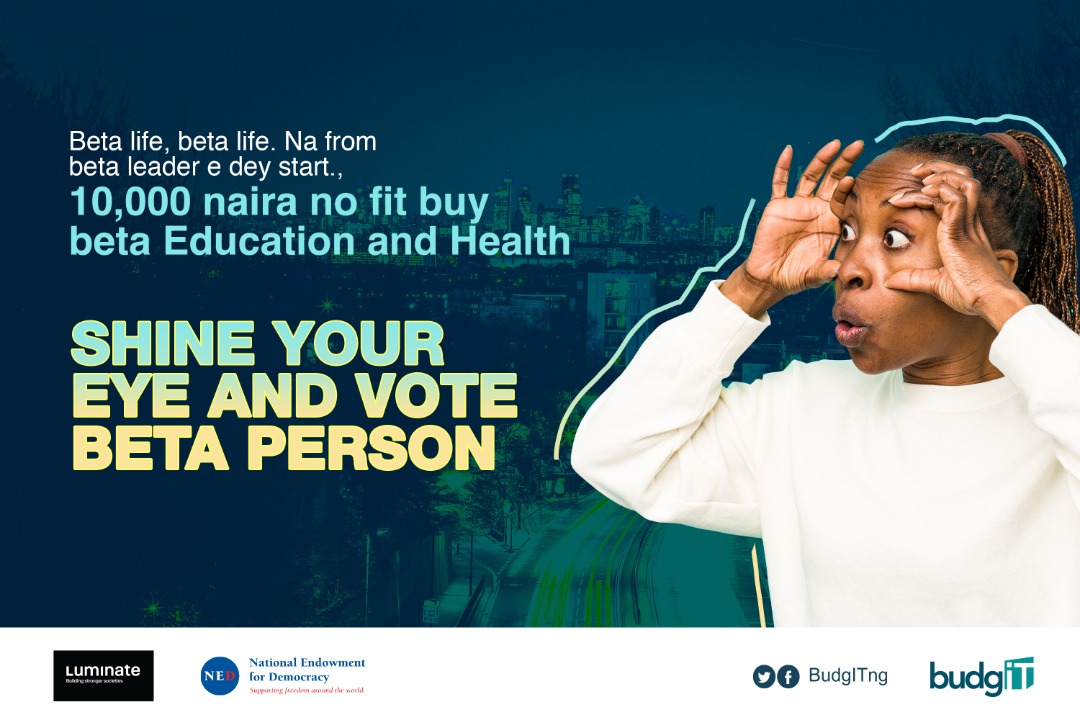
In conclusion,
As the 2022 Osun state elections draw near, the outcome of a fair electoral process and genuine democratic rule lies in the conduct of various stakeholders; politicians, electorates, political parties, civil society organizations, and the media.
At Civic Hive, our message to the people of Osun State is simple: “DO NOT SELL YOUR VOTE” and “VOTE FOR CREDIBLE CANDIDATES”. We also aired jingles on the radio on the need to shun vote buying and selling but to vote responsible people into government who will deliver dividends of democracy.
